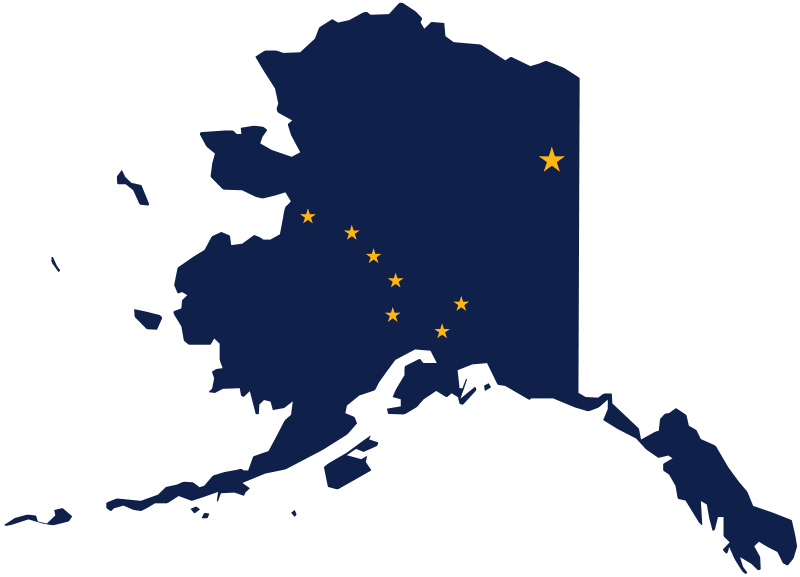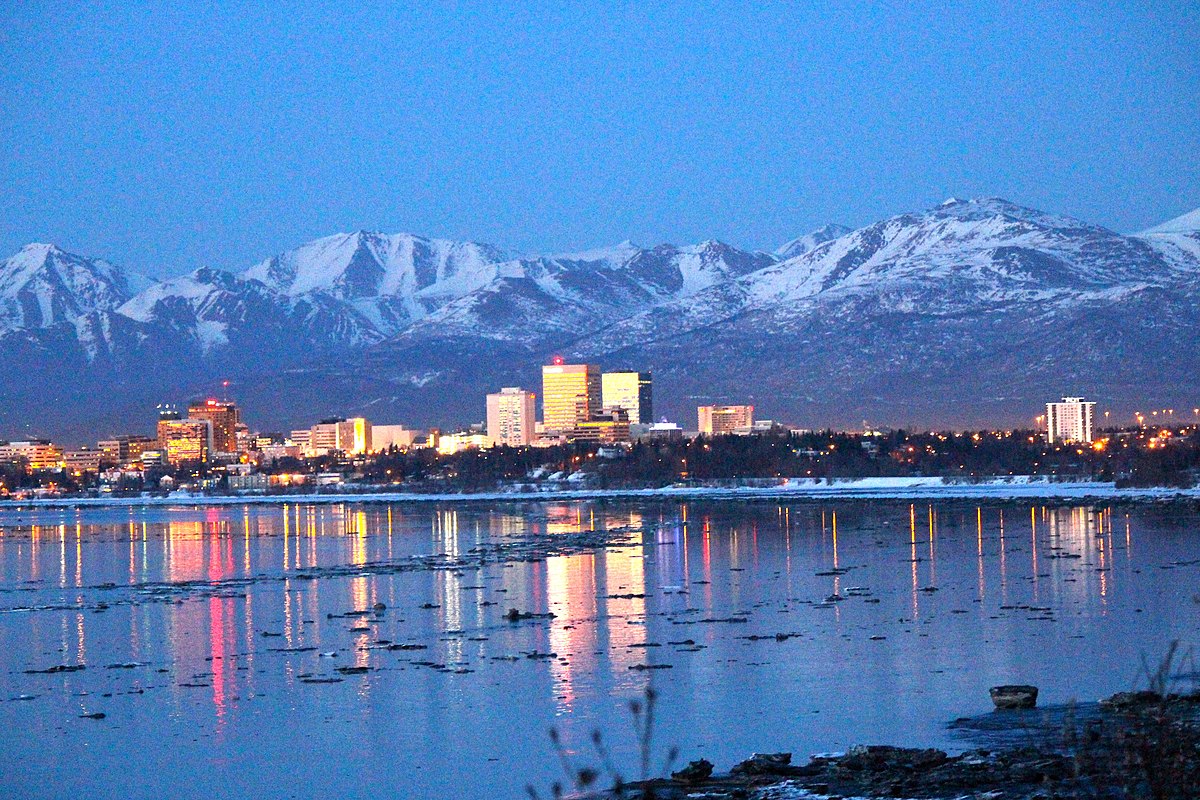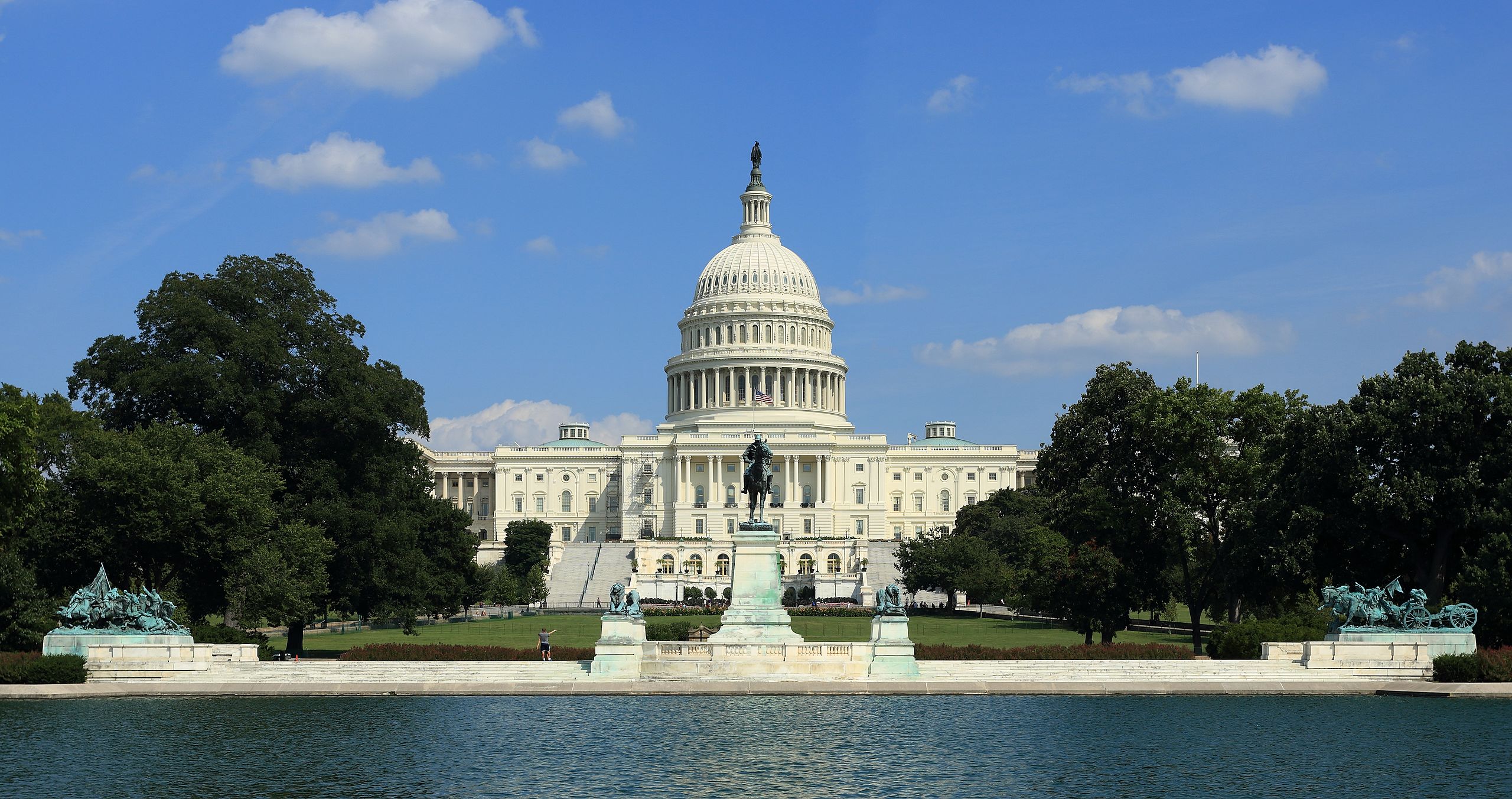Tag: alaska
-
Ballot measure update: Texas adds 7 more for 2025; Alaska campaign finance and Missouri abortion measures certified for 2026

The number of certified statewide ballot measures for both 2025 and 2026 is trending above average compared to previous election cycles as of May 27. 2025 ballot measures For 2025, 22 statewide ballot measures have been certified in six states—Colorado, Louisiana, Ohio, Texas, Washington, and Wisconsin. This is nine more than the average of 13…
-
Alaska voters to decide on campaign contribution limits ballot initiative in Nov. 2026

Alaska voters will decide on a ballot initiative in 2026 to establish new limits on campaign contributions to state and local candidates. The measure, a citizen initiative backed by the group Citizens Against Money in Politics, would set specific caps on how much individuals and groups may give to candidates and political organizations. As an…
-
On this day in 1956, Alaska voters passed the Tennessee Plan to gain statehood. How is that plan being used today?

On April 24, 1956, Alaska voters passed Proposition 2, otherwise known as the Tennessee Plan Measure, which led to Alaska’s statehood. The measure was approved with 61% of voters supporting the proposition and 39% of voters rejecting it. The Tennessee Plan refers to the strategy of a territory electing senators and representatives to send to…
-
Alaska voters may decide on campaign finance and ranked-choice voting repeal ballot initiatives in 2026

Alaska voters may decide on two citizen-initiated measures in 2026—one measure that would enact new campaign finance limits, and another that would repeal top-four ranked choice voting in the state. Both measures are citizen-initiated ballot measures, meaning they were proposed by citizens rather than the state legislature. In Alaska, citizens have the power to initiate…
-
All 40 seats in the Alaska House of Representatives are up for election this year

Elections for all 40 seats in the Alaska House of Representatives are taking place on Nov. 5, 2024. Ballotpedia identified elections in 15 districts as battleground elections. Members of the Alaska House have formed multipartisan majority coalitions including both Democrats and Republicans after every election since 2016. Although Republicans won a majority of seats in…
-
Eight presidential tickets will appear on the ballot in Alaska this November

Alaska’s Nov. 5, 2024, general election ballot will feature eight presidential candidates and their running mates. They are: Alaska is one of two states, along with Maine, that will use ranked-choice voting in the 2024 presidential election. Jill Stein is the Green Party’s presidential nominee, but will appear on Alaska’s ballot as Undeclared. Robert F.…
-
Incumbent Mary Peltola (D), Eric Hafner (D), Nicholas Begich (R), and John Howe (Alaskan Independence Party) are running in the general election for U.S. House of Representatives in Alaska

Incumbent Mary Peltola (D), Eric Hafner (D), Nicholas Begich (R), and John Howe (Alaskan Independence Party) are running in the general election for U.S. House of Representatives in Alaska on Nov. 5, 2024. Peltola and Begich lead in polling, fundraising, and local media attention. Peltola defeated Begich and Sarah Palin (R) in a special election…
-
General elections for half of the Alaska Senate’s twenty seats will take place in November

General elections for the Alaska state Senate will take place on Nov. 5, 2024. Ten of the chamber’s 20 seats are up for election. Senators serve four-year terms, and half of the Senate is up for election every two years. Of the seats up for election in 2024, Democrats hold five and Republicans hold five.…
-
Voters in Juneau, Alaska, to decide on initiative banning cruise ships on Saturdays and July 4

Voters in Juneau, Alaska, will decide on three ballot measures on Oct. 1, including two bond measures and an initiative that would ban cruise ships in the city on Saturdays. Proposition 2, an initiative sponsored by Ship-Free Saturdays, would ban cruise ships with 250 passengers or more from docking, mooring, or disembarking passengers in Juneau…
-
Alaska has two contested top-four state legislative primaries in 2024. Here is a closer look

Alaska has two contested top-four state legislative primaries on August 20, 2024. This is the second state legislative primary since Alaska voters approved a ballot measure to establish a top-four primary system in 2020. Under the system, the top four vote-getters in the primary, regardless of partisan affiliation, advance to the general election. The state’s…

